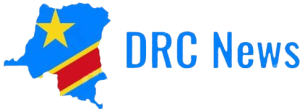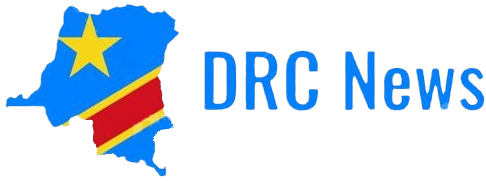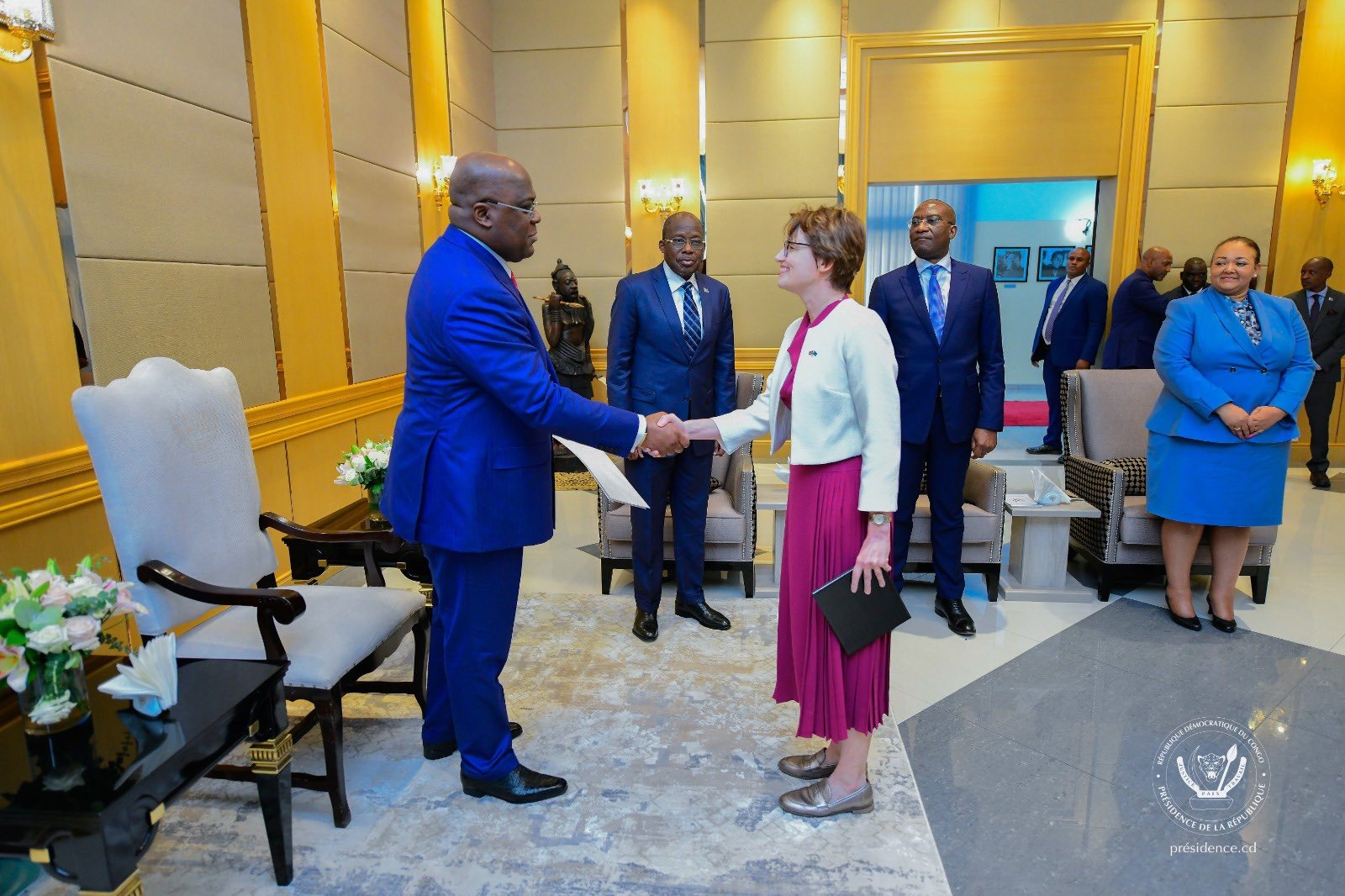The Ambassador to the Democratic Republic of Congo, Alyson King, says only peace will save the people.
Ambassador King was speaking when she visited Goma.
“We are also aware that the humanitarian response, however necessary and vital, is not the solution. Rather, the solution lies in the painstaking and exhausting work of peace processes and peace-building. If it were easy, it would already be done,” she said.
READ THE FULL STATEMENT
Your Excellencies, Ladies and Gentlemen,
Distinguished guests,
Fellow British citizens,
Dear friends
Good evening. First of all, an administrative message. We are not planning any fireworks tonight, so if the sky turns red at any point, it may be the local volcano Nyiragongo.
I’m delighted to be in Goma for the first time, having heard so much about the opportunities and challenges of this beautiful, fascinating, complex, troubled, resilient and creative part of the DRC.
With me today is a visitor from the Foreign Office, Simon Mustard, our Director for Africa.
We’re here to see for ourselves the reality on the ground; to listen and learn, and to understand how the UK can best support. Don’t hesitate to talk to us and tell us what we need to know! I promise to visit Goma and the east of the country regularly.
As you know, the UK has had a permanent presence here in Goma since 2006 and this has enabled us to have deeper contact with our partners here.
First of all, we need to be very clear about the fact that, these days, nothing worthwhile is done alone. Everything we achieve, we do with the support, partnership and friendship of others. Whether you are here tonight as MONUSCO, UN agencies, the international community, civil society, implementing partners, Congolese authorities, businesses or others, you are all here because you are our friends.
Secondly, it’s about remembering why we’re here tonight.
We are celebrating the many, rich and diverse ties that unite our two countries and our two peoples.
These ties go all the way back to the very top of the state – indeed, His Excellency President Tshisekedi was one of the very first heads of state to be received by His Majesty King Charles III last year. This meeting reflects our shared interest in climate and conservation leadership.
Our ties go back a long way and extend far beyond our leaders. Wherever I am in the DRC, I discover new links with the UK – I hear there’s a British bishop in Goma!
The same is true in the UK, where I am discovering Congolese communities everywhere, offering Congolese food, working in finance or research, and as a proud Scot, I must highlight the inspiring example of Dr Deborah Kayembe, who was born here and appointed Vice-Chancellor of the University of Edinburgh, the first African woman to be elected to this ancient and prestigious post.
I look forward to seeing how we can strengthen our links in the fields of culture, education, health, energy, climate and many others.
The third part is the most serious. Although tonight is a happy occasion, I must acknowledge the serious security and humanitarian challenges facing so many people here.
The Universal Declaration of Human Rights clearly states that every child, woman and man, has the right to live in dignity, respect, safety and security. For too many people in the DRC, these rights are not respected.
Today, record numbers of people are displaced, going to bed hungry and living with the after-effects of trauma, rape and unimaginable violence. Indeed, I saw this reality with my own eyes earlier today and witnessed the courage and resilience of women and men against all odds.
I am proud of the support we continue to provide, including the new $26 million humanitarian aid programme we announced for the DRC this year. We welcome the recent decision by the United Nations to step up its response to the humanitarian crisis in the East. It is essential that our two countries do everything in their power to support its implementation, in particular by granting humanitarian access.
But we are also aware that the humanitarian response, however necessary and vital, is not the solution. Rather, the solution lies in the painstaking and exhausting work of peace processes and peace-building. If it were easy, it would already be done.
Today, of course, many are working with the facilitator, President Kenyatta, to give new impetus to these efforts. I want to make it clear that the UK is a friend of the DRC, that we fully respect the sovereignty and territorial integrity of the DRC, that we condemn all aggression and violations, that we fully support the Luanda and Nairobi processes, that we recognise and appreciate the essential role of MONUSCO and the UN family here, as well as humanitarian actors and civil society, that we give priority to the protection of civilians, including against acts of sexual violence, and that we are doing and will continue to do everything in our power to support peace and stability.
The potential of this great country is immense. Already, every day, I see the spirit of innovation, determination and enterprise of the people of the DRC. Last night, at a dinner in Kinshasa with business leaders, we learned that businesses in Goma are among the most profitable in the DRC – an impressive testament to will, capacity and opportunity.
Here in the East, the promise and the peril are both very clear. The risks and consequences of unwise, short-sighted or selfish decisions are borne immediately and terribly by innocent civilians. On the other hand, judicious decisions, strategic patience and determined peace-making can unleash the promise. Millions of young Congolese men and women deserve their rights to dignity, respect, security and stability. If they have them, there is no limit to what they can achieve.
Thank you. Asante sana.


